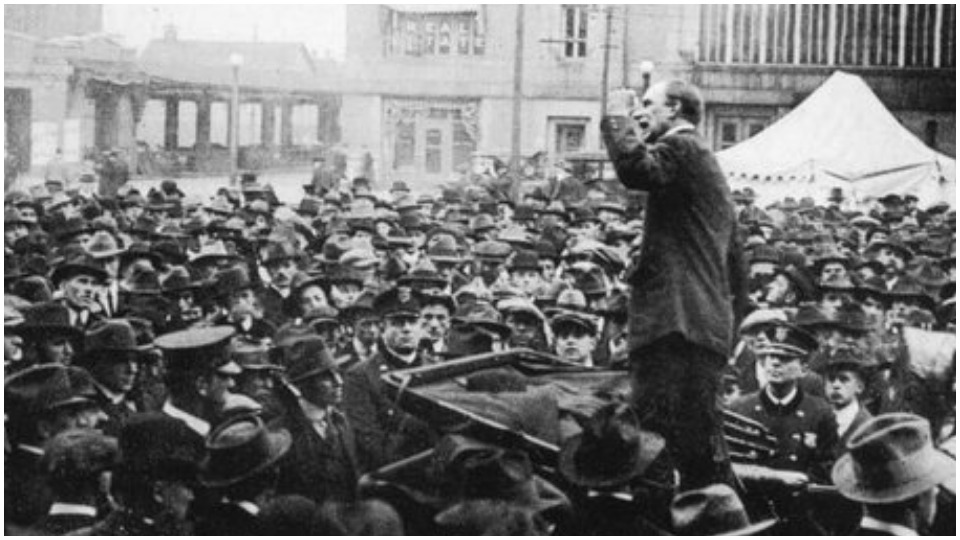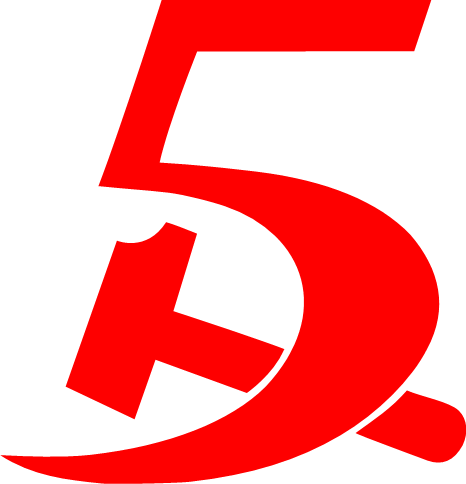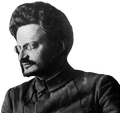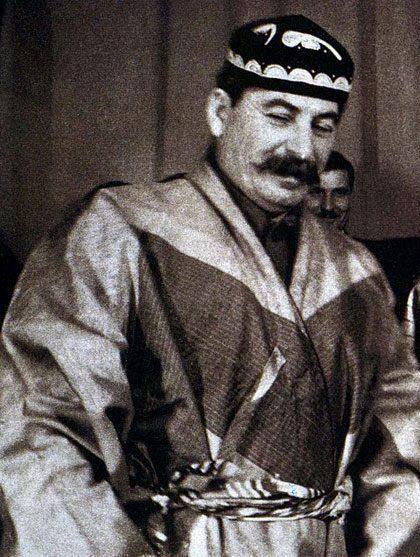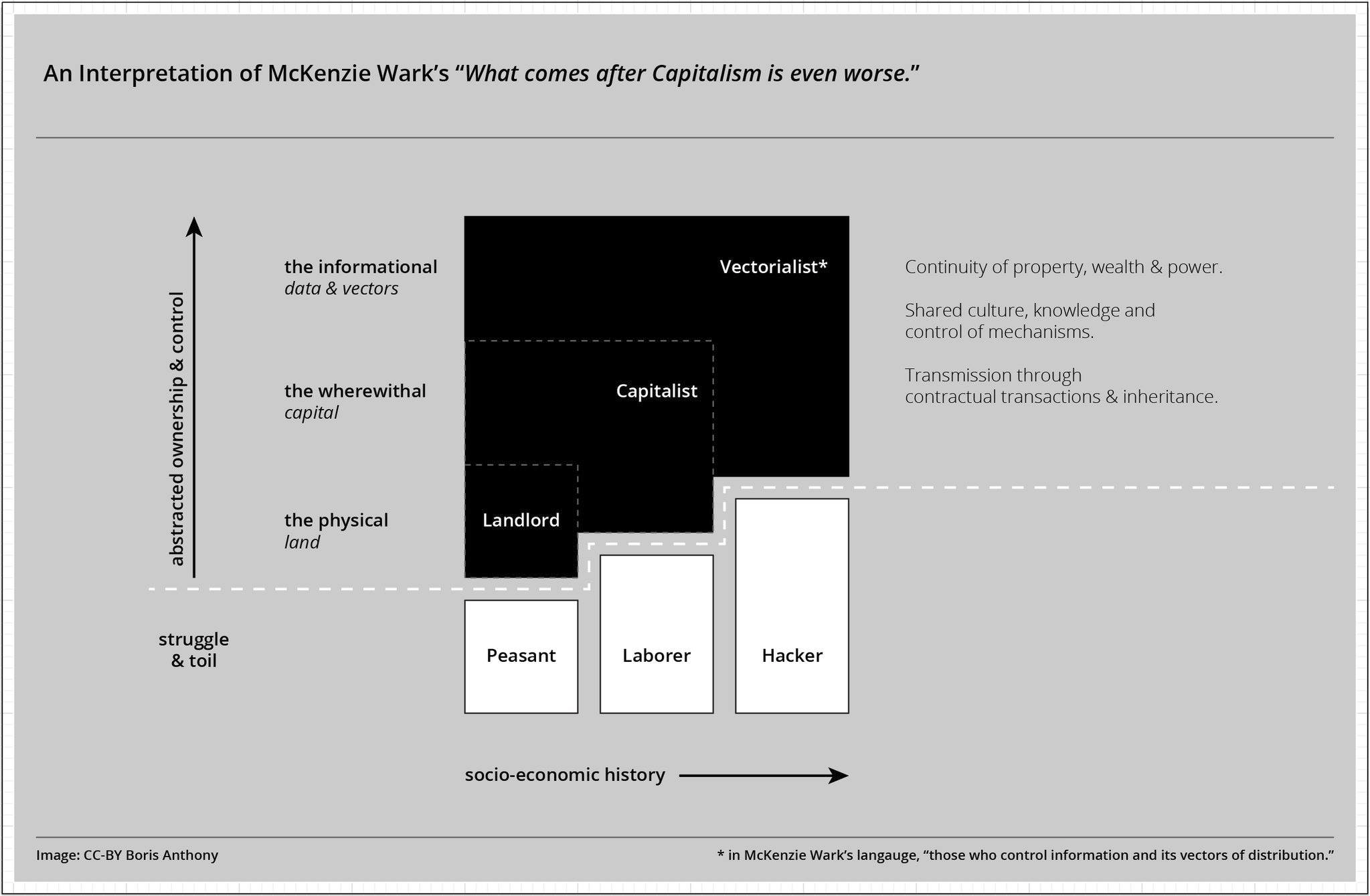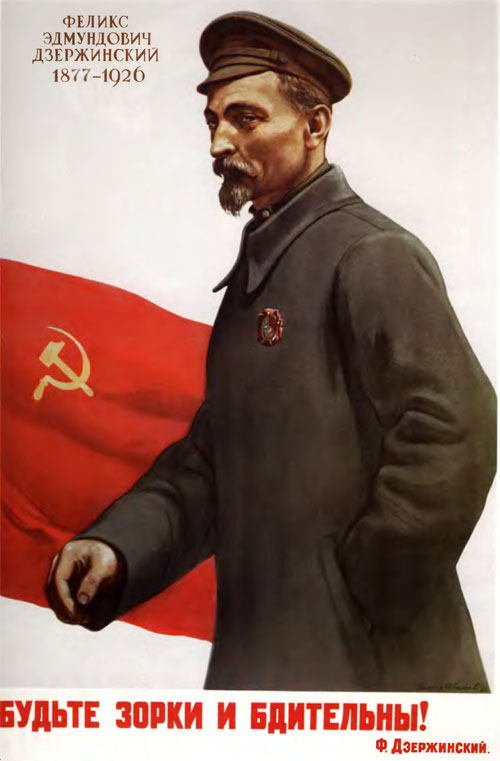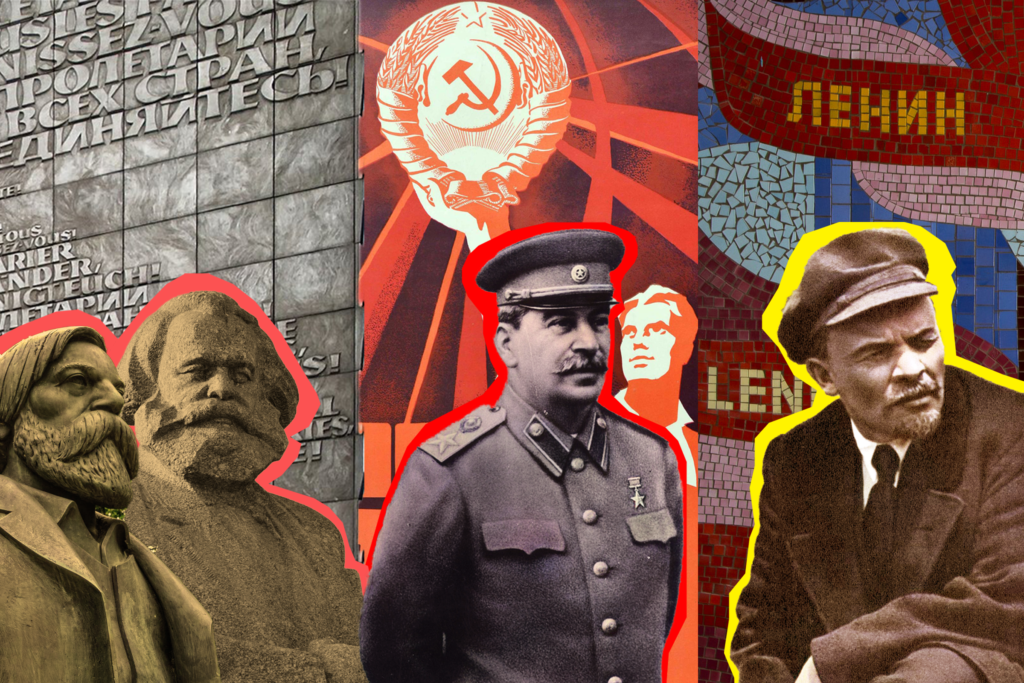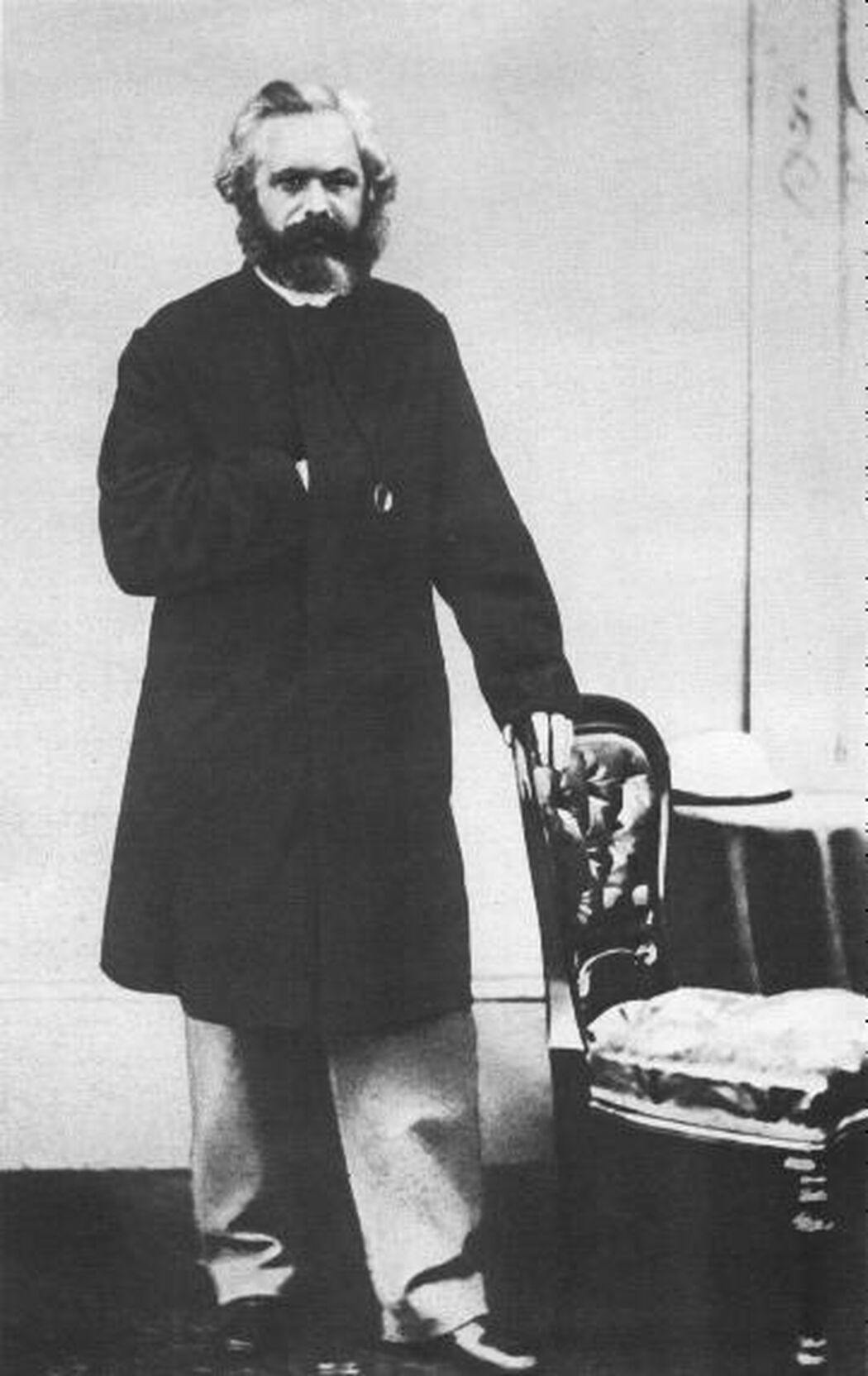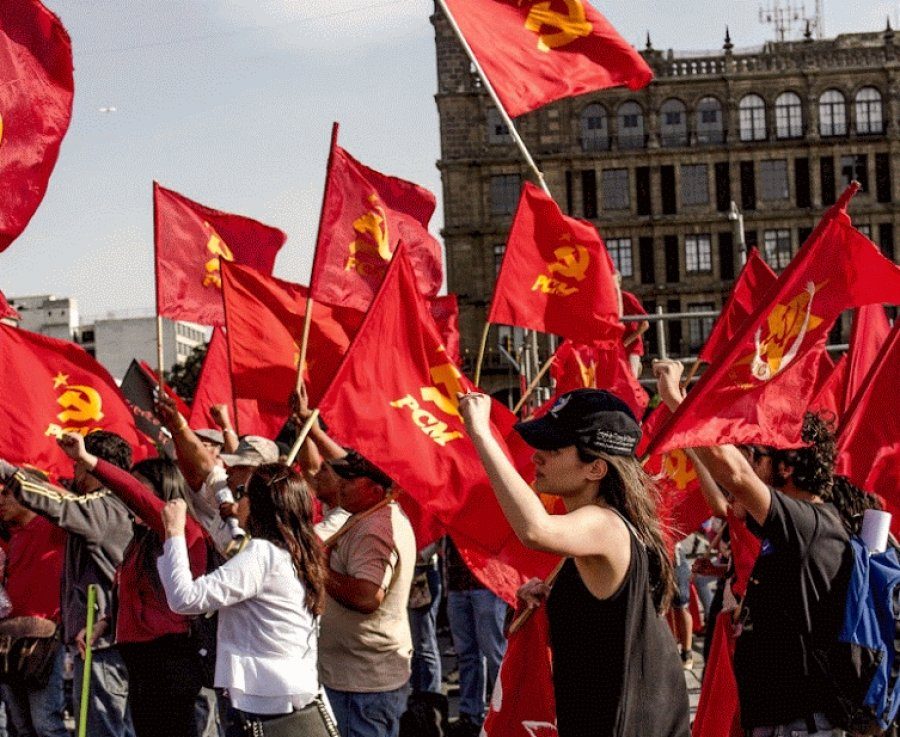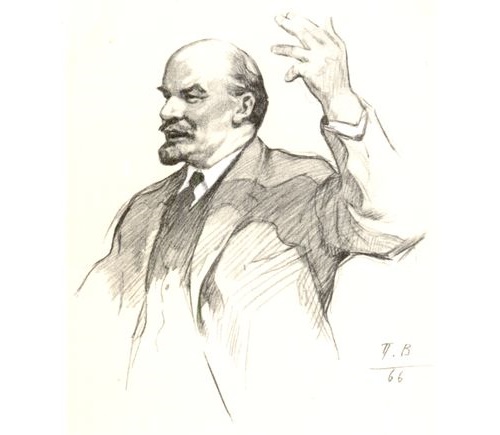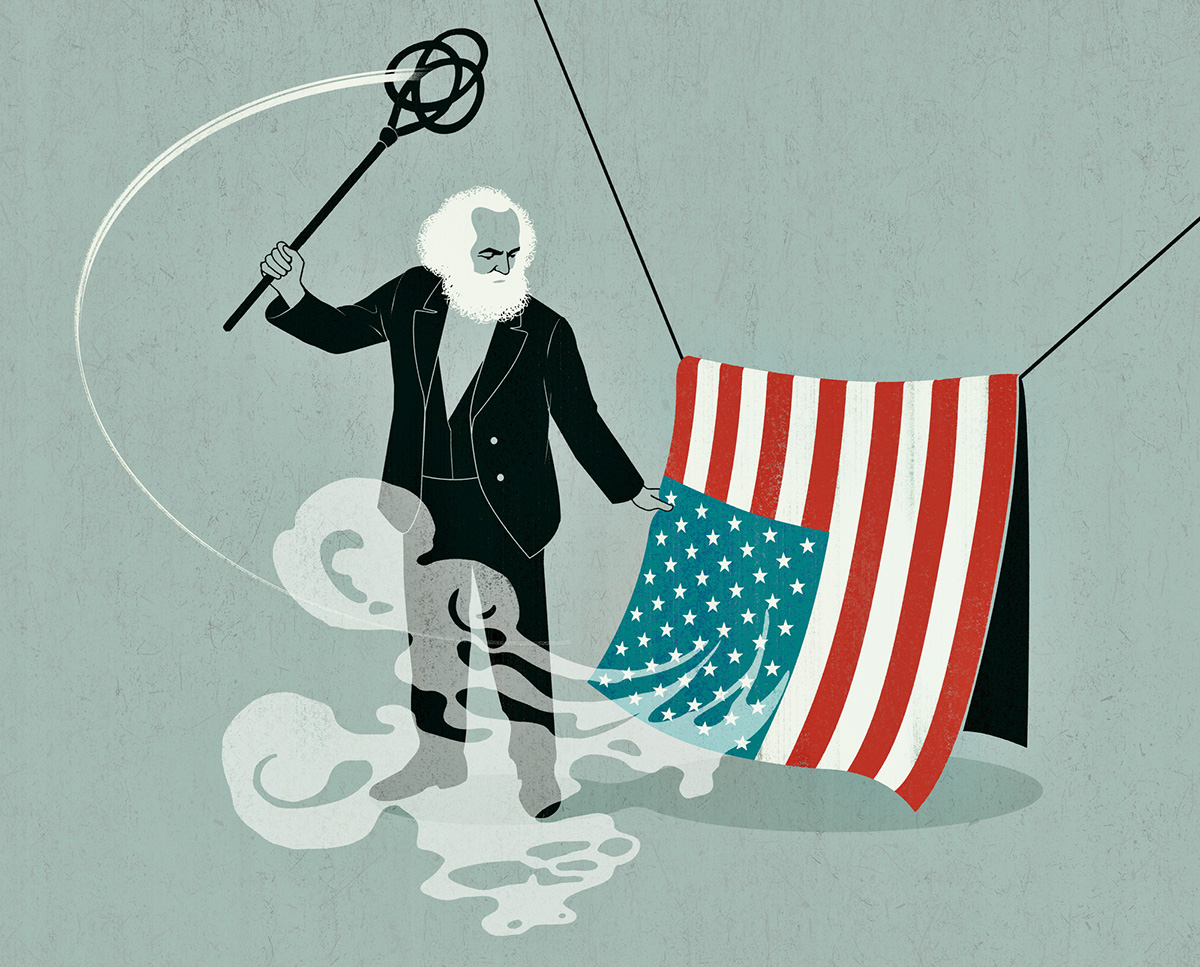(This is one of my multiple-thoughts-no-particular-conclusion posts)
-
Đổi Mới in Vietnam seems successful. They have what they call the 'Socialist-oriented market economy' and have developed at a pace like China's
-
New Economic Policy in the USSR seems successful
-
Goulash Communism in Hungary seems successful. Hungary had less empty shelves than other Soviet Bloc countries. (Quote from the book 'Collective farms which work': "Hungary's success manifests itself in two rather less easily measurable ways. First, goods, and especially fresh meat and vegetables, simply are available in shops"). Hungary had A) the highest mix of market mechanisms in the Soviet Bloc B) the highest standard of living in the Soviet Bloc. On 7 May 1966, the Central Committee announced János Kádár's plans for the reform of the economy, known as the New Economic Mechanism. The reform is considered as "the most radical postwar change" of any Comecon country. [Granick, David. The Hungarian Economic Reform. World Politics, Vol. 25, No. 3. (Apr., 1973), pp. 414-429.] The plan, which became official 1 January 1968, was a major shift to decentralization in an attempt to overcome the inefficiencies of central planning. The reform gave producers the freedom to decide what and how much they produce and offer for sale and to establish commercial or co-operative relationships. Buyers were also given the freedom to choose between domestic goods and imports, firms were given greater autonomy in carrying out investments and hiring labor. As dictated by the Central Committee, success was to be measured by a firm's profitability. The New Economic Mechanism also aimed to create a more active role for prices [Hare, P.G. Industrial Prices in Hungary Part I: The New Economic Mechanism. Soviet Studies, Vol. 28, No. 2. (Apr., 1976), pp. 189-206]
-
North Korea. This article on Pyongyang’s Views on Banking says, "There is an assumption sometimes expressed by outside observers that the North’s efforts in the banking sector have been primarily aimed at increasing control over funds accrued outside of central control. To the contrary, the bulk of the articles in the journals [political science journals within the DPRK] we studied focused on the opposite: how to increase “creativity” in banks, lessen rigid control from the center, and make space for bank officials—and the sector as a whole—to respond to conditions and developments at the local and enterprise levels without undue restrictions." and there's this one called 'Reports of North Korea’s Return to a Command Economy Have Been Exaggerated'. The constitution was changed in 2019 to replace the Taean Work System (party-centric method of managing the economy) with the Responsible Management System for Socialist Corporations (which increases the autonomy of managers at production sites and introduces market elements)
-
And the big one, China.
Maybe some dogmatic leftists will be angry at what I've written. And the capitalist will say "Aha! This proves it! Only economic freedom is good for development" And indeed that is not 100% wrong. But the reasons it's some percent wrong –
-
Markets working doesn't mean planning does not work. Gosplan worked fine for a lot of goods.
-
Read theory. Marxism doesn't mean what a lot of people think it means. It doesn't mean there are no markets. It does mean the dictatorship of the proletariat is established, and the proletariat decides how to command the productive forces to its benefit. Even if these examples proved "planning bad market good" (they don't - see below), would that debunk Marx's theory of exploitation? Would it debunk the need for a people's democratic dictatorship? No, it wouldn't debunk marxism: it just means the implementation of marxism involves markets.
-
Read practice. The point of marxism isn't to follow some dogma, it's to do what works for the worker. If planning works, plan. If freeing markets works, free them. Both can be communism if they're under the dictatorship of the proletariat.
Milton Friedman would say, "A state can't plan anything! And it shouldn't try!" Well that's obviously wrong: states plan transport infrastructure, water, post offices just fine. Gosplan planned a few strategic goods like steel just fine.
But sometimes the state CAN'T plan effectively. Some reasons for this: its computational resources are limited (less of an issue now, but very relevant in the 20th century), or the market is behaving too unpredictably, or Celine's 2nd Law prevents the state from getting accurate information.
I'm still studying and thinking about these topics, but here's one thing I can say with confidence: in cases where a state CAN'T plan, it shouldn't attempt to. That will lead to "communism is when no bread".
So what's the alternative to planning? Markets, I guess. (Is there a 3rd alternative I haven't thought of?)
Allowing markets doesn't mean allowing unregulated markets. The state can do dual-track pricing, can allow only co-operatives and not wage labour, can set price-controls (e.g. rent control). So freeing the market a bit doesn't mean going right-libertarian. (In fact, you could say that all countries are somewhere between total control and total freedom.)
Back to the Hungarian example: the New Economic Mechanism wasn't right-libertarian, it fixed the prices for material and basic intermediate goods, it limited prices for particular products or products in some product group for which there were no substitutes, such as bread. Free prices were assigned to goods that formed small parts of individual expenditures or were regarded as luxuries.
Then there's monetary methods of influence: the state could pass a law that markets should be done in non-recirculating labour-tokens rather than recirculating currency. Though to my knowledge, this has never been done in communist history. This would solve most of the problems in Cockshott's video "The limits of market socialism"
I want to read the 1936 book 'On the economic theory of socialism' by Oskar Lange to understand this better. It's a decent length and I've got a lot of theory to read.
The bit I find a little hard to swallow is the role of profitability, especially at the firm level. Only allowing profitable firms to exist sounds like a formula for exploitation. I concede that it bypasses the need for complex calculations; it collapses all those calculations onto the Bottom Line. So that's simpler and more foolproof. But it motivates firms to harm their customers with high prices and their employees with low wages.
I think some hexbearians are too optimistic about market socialism NOT being a capitalist road. It certainly has the potential to be. The class war is not won in China, and it's possible China's billionaires will influence policy.
